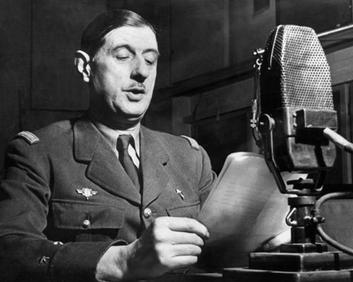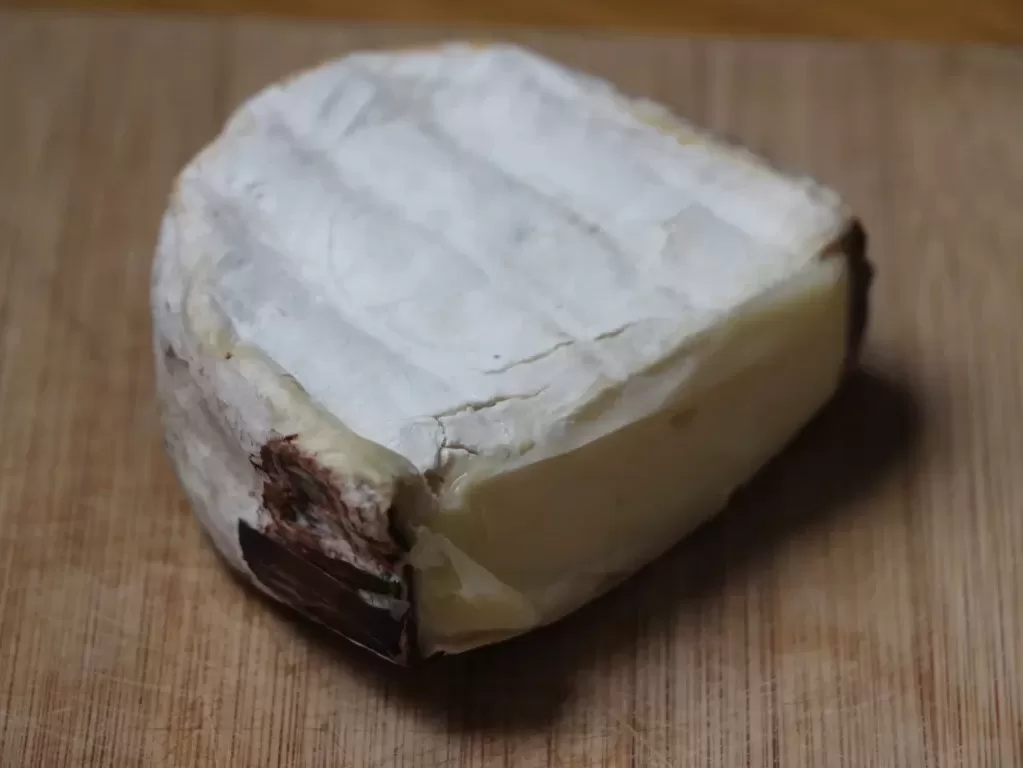International relations: Anglo-French alliance WWII to Brexit — the end of the affaire?
 Just before dawn on 3 July 1940, a party of Royal Marines crept aboard the French submarine Surcouf. In the shootout that followed, three British officers and a French sailor lay dead. It wasn’t looking good for international relations…
Just before dawn on 3 July 1940, a party of Royal Marines crept aboard the French submarine Surcouf. In the shootout that followed, three British officers and a French sailor lay dead. It wasn’t looking good for international relations…
The submarine was anchored in Plymouth Harbour. The seizure of all French ships in British and allied ports was ordered to prevent them falling into Nazi hands.
These were the first shots exchanged between British and French forces since Waterloo — well over a hundred years previously.
International relations: an end to the British-French alliance
Later that same day, the Royal Navy opened fire on a fleet of warships, riding at anchor in the French Algerian harbour of Mers-el-Kébir in North Africa.
The British battle fleet consisted of a battlecruiser, two battleships, an aircraft carrier, and an escort of destroyers and cruisers.
A French battlecruiser was sunk and five other ships were very badly damaged. In total, one thousand two hundred and ninety-seven French matelots were killed in the deadly attack.
On July 18, the French air force bombed Gibraltar in retaliation for the attack. The epithet la perfide Albion was immediately resurrected.
Vichy’s Head of State Philippe Pétain severed diplomatic relations with the UK, taking them from allies against Nazi Germany to bitter enemies. International relations were in tatters.
Dunkerque: French forces flee to British shores
Christopher Nolan’s film ‘Dunkirk’ is a nerve-wracking depiction of the horror and folly of war.
Although Churchill said that they would be evacuated bras sur bras, only 100,000 French soldiers (out of a total of 210,000) made it to the shores of England.
But, when given the choice of joining de Gaulle’s Free French in London or returning to Vichy France, only a third stayed on.
Before the Fall of France, despite several quarrels, Britain and France were undoubtedly allies.
Although they never officially declared war on each other during World War II, they were regularly at each other’s throats. Hostilities between the two countries threatened their relations thereafter.
Conflict took place on land, sea, and in the air in Vichy-controlled North and West Africa, Madagascar, Syria, the Lebanon, and Indochina.
International relations post World War II
Some historians claim that the Entente Cordiale had kept Anglo-French international relations on an even keel for half a century.
But fast forward to the post-war period…
Despite the euphoria of the Liberation, international relations between les Anglo-Saxons et la France remained strained even after the defeat of Germany. As a result, Churchill prevented de Gaulle from returning to France until 8 days after D-Day.
Le grand Charles was furious to learn that Roosevelt had wanted to impose military rule on France when the war ended. The Allies were especially miffed at de Gaulle’s victory speech claiming that France had liberated herself — with only a nod to the huge Allied contribution.
l’Angleterre, ce n’est plus grand chose.
De Gaulle’s words were a blow to Britain’s attempts to join the Common Market in 1963. In fact, the General even accused the British of a “deep-seated hostility” towards European construction.
And unsurprisingly, the controversial phrase “Vive le Québec libre!” went down like a lead balloon during de Gaulle’s 1967 speech in Canada.
Brexit and France: a future for international relations?
But eventually, during the Cold War, it became clear to UK and European leaders that only a united Europe could carry any weight in world affairs — whether dealing with the Americans or the Eastern Bloc.
“Make Europe not war” became the catchphrase and the European Union went from strength to strength.
Until now.
Ancient animosities have been revived as politicians struggle to unscramble the forty-year-old EU omelette.
Will this be the end of the affair?
Hopefully not.
Let’s hope that the current bickering and confusion comes to an end shortly, and that the main players will soon kiss and make up. All sane people should wish both sides well; failure to come to equitable terms will be a disaster — for everyone.
What are your views on Anglo-French international relations? Do you think that Brexit has had a negative effect on this? We’d love to hear your thoughts in the comments box below.
Image credits:
1. Plane, via Wikipedia
2. Mers-el-Kébir memorial, Wikipedia
3. Dunkirk poster, via Wikipedia
4. Charles de Gaulle, via Wikipedia
5. Brexit design, via Max Pixel










